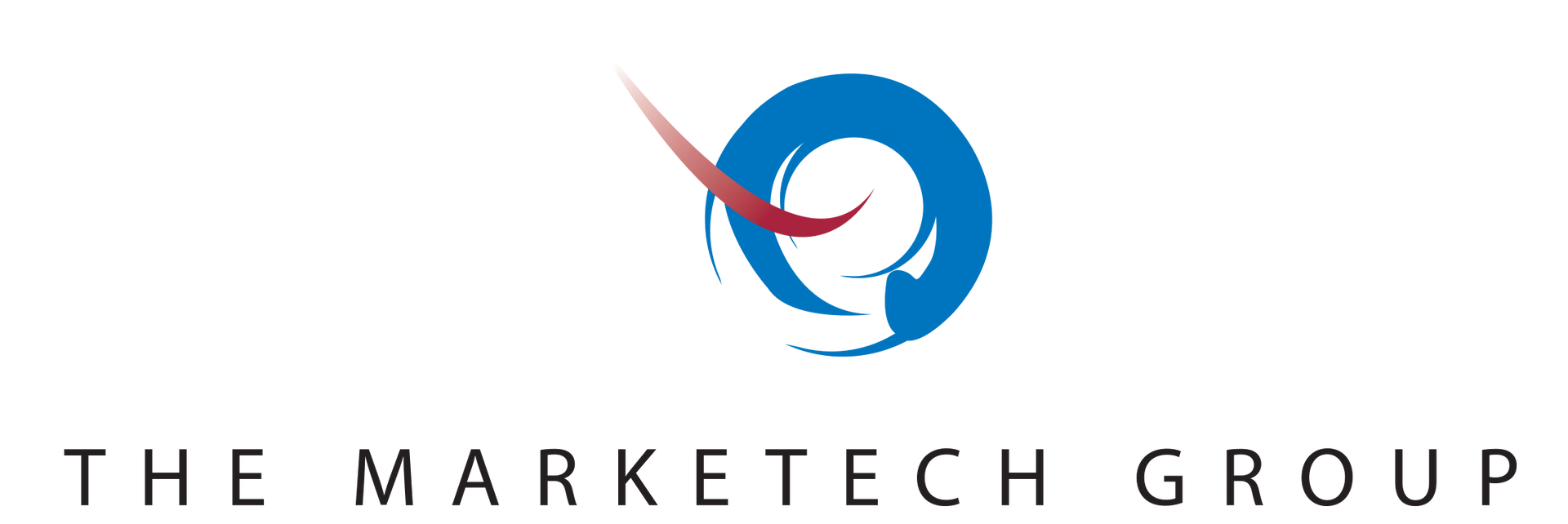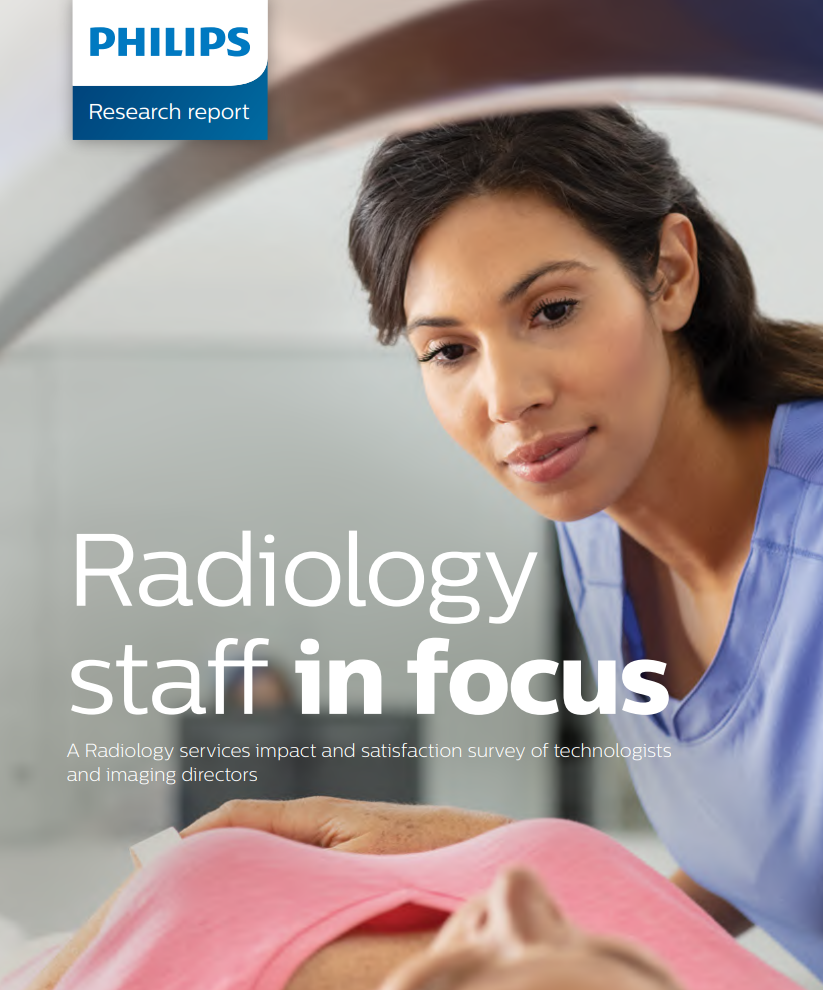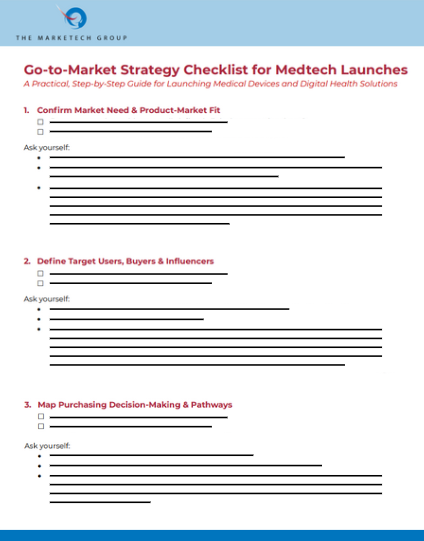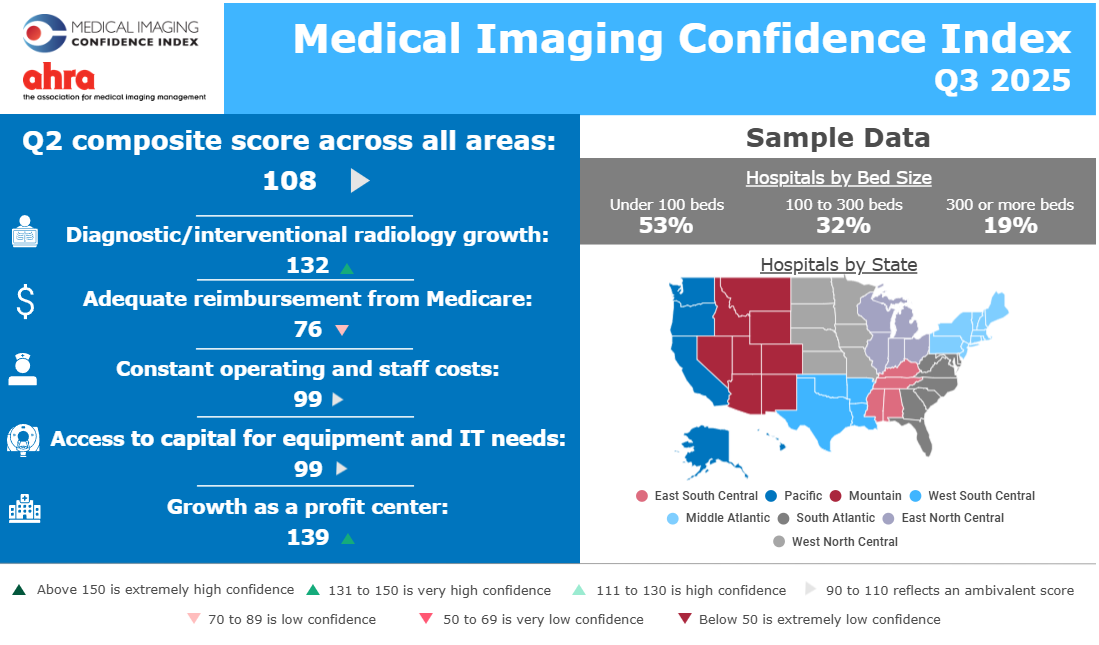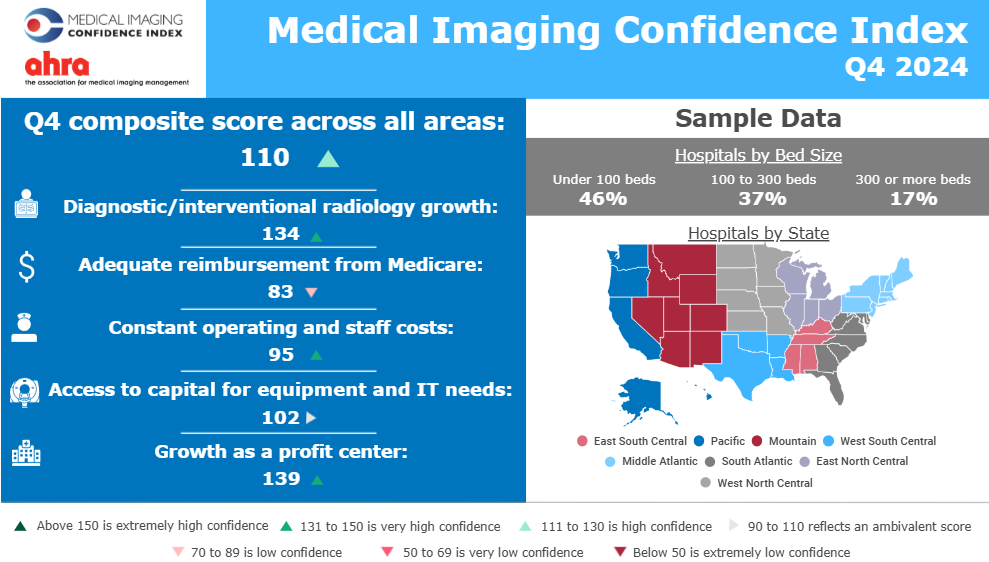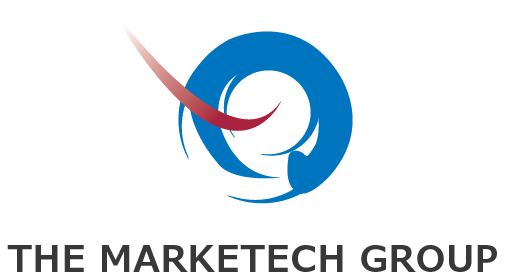The Cost of Healthcare Marketing Research: A Necessary Investment
Share this article:
Written by: The Marketech Group

Marketing research is a critical component for any organization within the healthcare industry. The insights gleaned from such research guide strategic decisions, ensuring that marketing efforts are both effective and compliant with regulatory standards. However, healthcare primary marketing research can be notably expensive. This article explores the reasons behind the high costs, the risks associated with opting for cheaper alternatives, why rigorous research is a necessary investment, and why The MarkeTech Group (TMTG) has been a leader in the industry since 1995.
The High Cost of Healthcare Marketing Research
Healthcare marketing research is inherently complex and resource-intensive for several reasons:
- Regulatory Compliance: The healthcare industry is heavily regulated. Research must adhere to rigid guidelines and best practices which increase the cost due to the need for specialized knowledge and additional legal scrutiny (Kumar & Reinartz, 2018).
- Expensive research participants: Physicians and medical administrators are valued, important, and expensive research participants. They are difficult to recruit because the total number of potential respondents (research universe) is much lower compared to consumer research, and they have very limited free time. At last, to fairly compensate them for their time and expertise, incentives are significantly higher than other types of respondents.
- Specialized Expertise: Healthcare marketing research demands expertise in both medical and marketing fields. Professionals with such dual expertise command higher salaries, contributing to the overall expense (Ginter, Duncan, & Swayne, 2018).
- Technological Requirements: Advanced technologies are often used to analyze large datasets and derive actionable insights. The acquisition and maintenance of such technologies represent significant investments (Fleming et al., 2019).
The Risks of Cheap Marketing Research
Opting for inexpensive marketing research can lead to several detrimental outcomes:
- Inaccurate Data: Low-cost research often cuts corners, leading to inaccurate or incomplete data. This can result in misguided business decisions, which may harm the organization’s reputation and financial standing (Craig & Douglas, 2017).
- Non-Compliance: Cheap research may overlook crucial regulatory requirements, potentially resulting in legal penalties and loss of trust among stakeholders (Kumar & Reinartz, 2018).
- Poor Strategic Decisions: Inadequate research can fail to capture the nuances of patient and healthcare provider needs and market trends, leading to ineffective marketing strategies that do not resonate with the target audience (Ginter, Duncan, & Swayne, 2018).
Case Study: The MarkeTech Group (TMTG) collaborates with Philips in addressing radiology staff burnout
One notable example of successful healthcare marketing research is the case of “Philips Radiology Staff in Focus”.
In 2019, TMTG partnered with Philips in a study of 254 radiology technologists (RTs) and imaging directors (IDs) across the US, France, Germany, and the UK. The research assessed job satisfaction, stressors, and communication challenges in their daily work.
The study found moderate job satisfaction among imaging staff, but significant stress due to workload pressures, especially in Germany, where 97% reported burnout.
- Automation was identified as a potential solution, with staff believing that nearly a quarter of their tasks could be automated.
- Communication with Ordering Physicians and inadequate patient information were also highlighted as key issues impacting efficiency and increasing stress.
This data enabled Philips to better understand the root causes of burnout among imaging professionals and guided their efforts to develop targeted solutions. By addressing communication gaps and exploring automation opportunities, Philips is now focusing on innovations that reduce stress and improve the overall work environment for radiology technologists.
Industry Leadership: The MarkeTech Group
The MarkeTech Group (TMTG) exemplifies how rigorous guidelines, data quality assurance, and analytical work can lead to successful healthcare marketing research. TMTG specializes in healthcare marketing research and consulting, employing a comprehensive approach to ensure data accuracy and relevance.
- Rigorous Guidelines: TMTG adheres to strict protocols for data collection and analysis, ensuring that all research is conducted ethically and complies with regulatory standards.
- Data Quality Assurance: TMTG implements multiple layers of quality assurance to verify the accuracy and integrity of their data. This includes cross-checking data sources, validating survey responses, and using advanced statistical methods.
- Analytical Expertise: TMTG's team comprises experts in healthcare, market research, and data analytics. Their combined expertise ensures that the data is not only accurate but also actionable, providing clients with insights that drive strategic decision-making.
The Value of Rigorous Research
Investing in TMTG yields significant long-term benefits:
- Reliable Data: High-quality research provides reliable and comprehensive data, forming a solid foundation for strategic decision-making. This can enhance the effectiveness of marketing campaigns and improve patient and healthcare provider engagement (Craig & Douglas, 2017).
- Regulatory Assurance: Rigorous research ensures compliance with all relevant regulations, safeguarding the organization against legal risks and reinforcing its credibility (Gostin, 2016).
- Competitive Advantage: Thorough research helps organizations stay ahead of market trends and understand patient preferences, allowing for the development of tailored marketing strategies that offer a competitive edge (Fleming et al., 2019).
TMTG’s commitment to high standards has earned us a reputation as a leader in the field, helping numerous healthcare organizations successfully navigate complex market landscapes.
References
Investing in TMTG yields significant long-term benefits:
- Craig, C. S., & Douglas, S. P. (2017). International Marketing Research. Wiley.
- Fleming, L., Waguespack, D., & Mubarak, M. (2019). Data Science in Healthcare: Applications and Opportunities. Journal of Health Informatics, 12(2), 123-139.
- Ginter, P. M., Duncan, W. J., & Swayne, L. E. (2018). Strategic Management of Health Care Organizations. Wiley.
- Gostin, L. O. (2016). Health Data Security and Privacy: Challenges and Opportunities. Journal of the American Medical Association, 315(6), 547-548.
- Kumar, V., & Reinartz, W. (2018). Customer Relationship Management: Concept, Strategy, and Tools. Springer.
